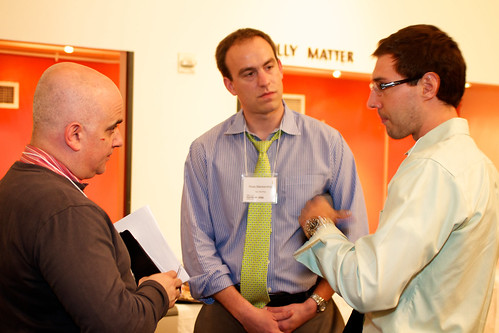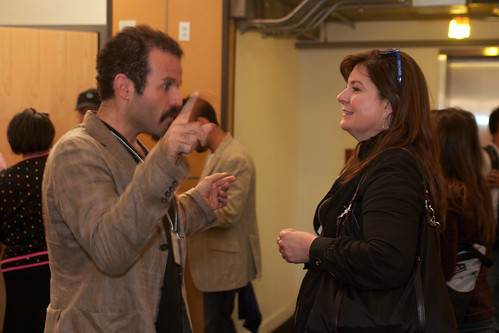Because both lawyers and social workers commonly stand up for the rights of others, there are not only many similarities between the work that these professionals do, but several ways they can partner with each other to be advocates, especially in the healthcare field. An organization called the National Economic & Social Rights Initiative believes in a “human right to health,” meaning that things like hospitals and medicine should be available to everyone on an as-needed basis. As you’ll see in the examples that follow, this ideal is becoming closer to a reality, thanks to the willingness of legal experts and social workers who combine their knowledge for powerful results.
Legal Advice for Needy People
Students at New York University School of Law get to experience this collaboration while still in college. According to the NYU website, a program called LegalHealth offers fieldwork opportunities for students to assist low income families by providing legal help, while also interfacing with social workers. Clients are either referred to the program by a social worker or physician, and student lawyers inform clients about their options and work to improve conditions that are adversely affecting health.
Support in Crises
As many social workers and lawyers both know, an unexpected situation can create extraordinary hardships that compromise a person’s well-being. As an outreach, the University of Arizona created the Tucson Family Advocacy Program, in which social workers lawyers and healthcare professionals work together to ensure that even when tragedy strikes, it’s still possible to remain committed to one’s well-being. In addition to directly assisting clients with legal crises, lawyers pair up with social workers and healthcare providers to learn more about common issues and engage in blended educational efforts.
Aid for Cleveland’s Immigrants
Social workers who assist the immigrant population often deal with U-Visas, which are frequently granted to immigrants who have been the victims of extreme mental or physical abuse from criminals, and also provided information during a subsequent investigation.
In Cleveland Ohio, an attorney involved with the Community Advocacy Program drafted a divisional notice about U-Visas and distributed it to local law enforcement officials. Documentation of the program’s website notes that victims are sometimes hesitant to report crimes, because they fear possible deportation or have a general mistrust of law enforcement officials. Fortunately, the document could be helpful to healthcare professionals, social workers and lawyers alike, because it helps uphold the rights of a victim and could make that person more likely to speak honestly about being trapped in a potentially deadly situation with an abusive partner or similar scenario.
A Helping Hand for the Underserved
Unfortunately, sometimes marginalized populations such as the disabled, elderly and people affected by HIV/AIDS are more likely to get stuck in a situation and not know where to turn. At the Legal Assistance Foundation of Metropolitan Chicago, social workers and lawyers combine skills to assist with civil cases and examine areas of need including securing public health benefits, preventing physical or financial elder abuse, safeguarding against discrimination because of chronic illnesses or disabilities and even informing people of what to do when they’re being sued by a healthcare provider because of an inability to pay for services.
These are just a few examples from around the country that demonstrate how even though the fields of law and social work aren’t exactly alike, there are still numerous ways that attorneys and social workers have successfully helped clients with healthcare related concerns stand up for their rights.
Robert Neff is an avid blogger. If you want to help the underserved by getting a degree in social work but you don’t want to quit your day job, consider flexible getting an MSW online.




